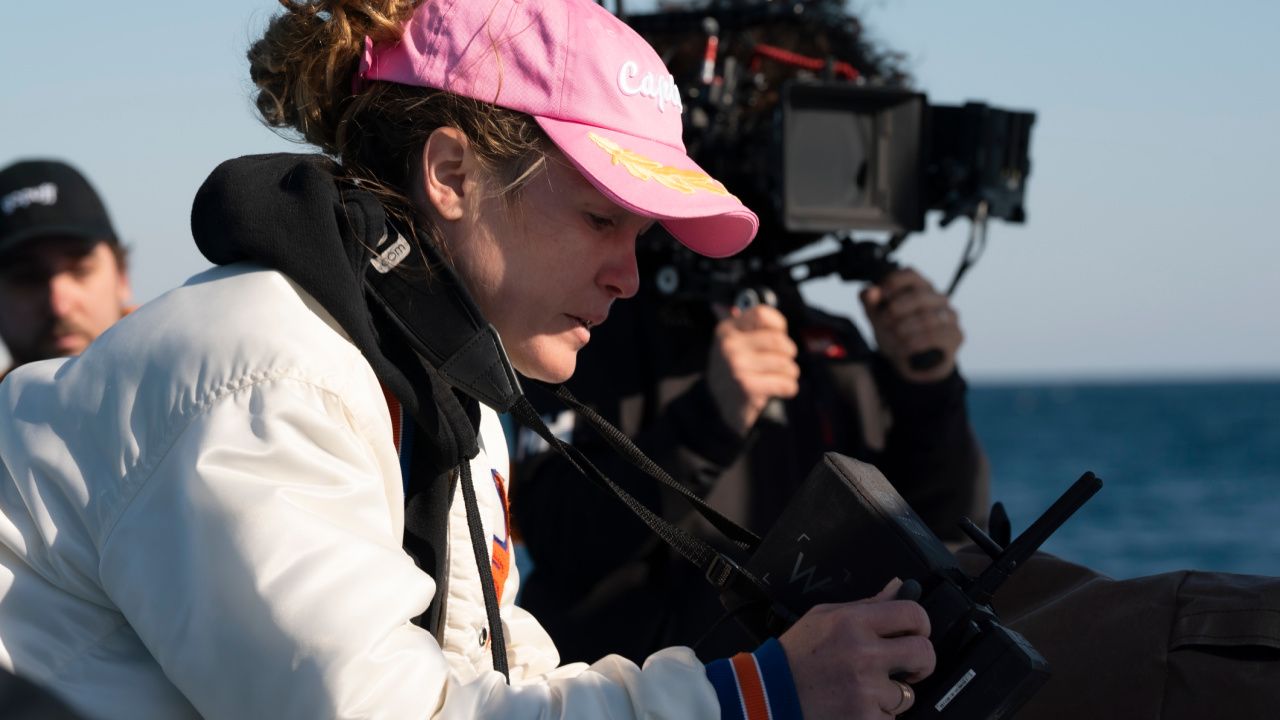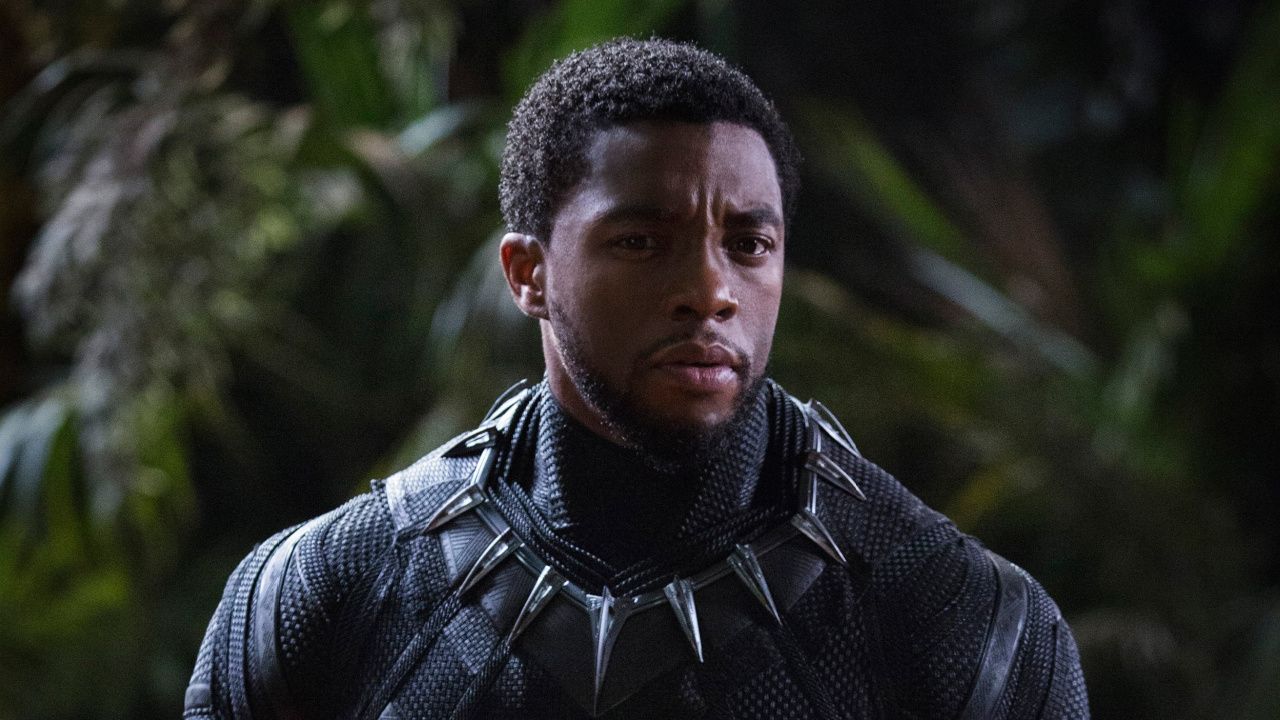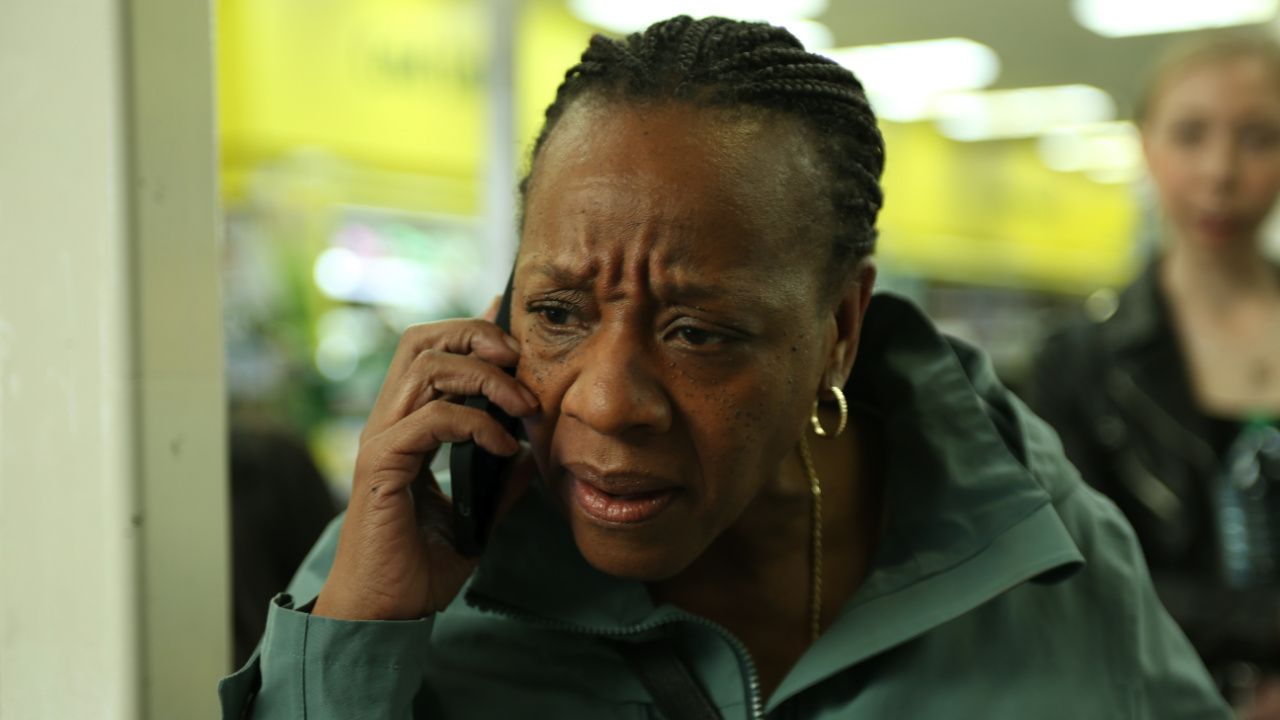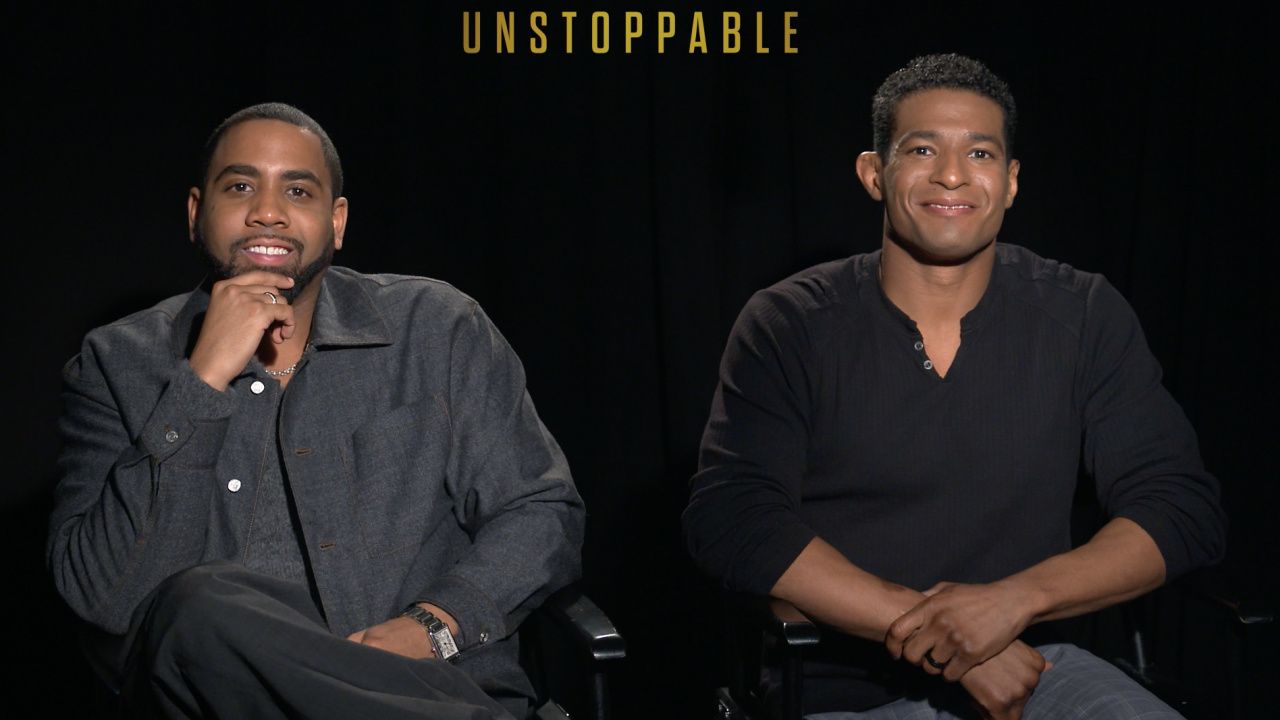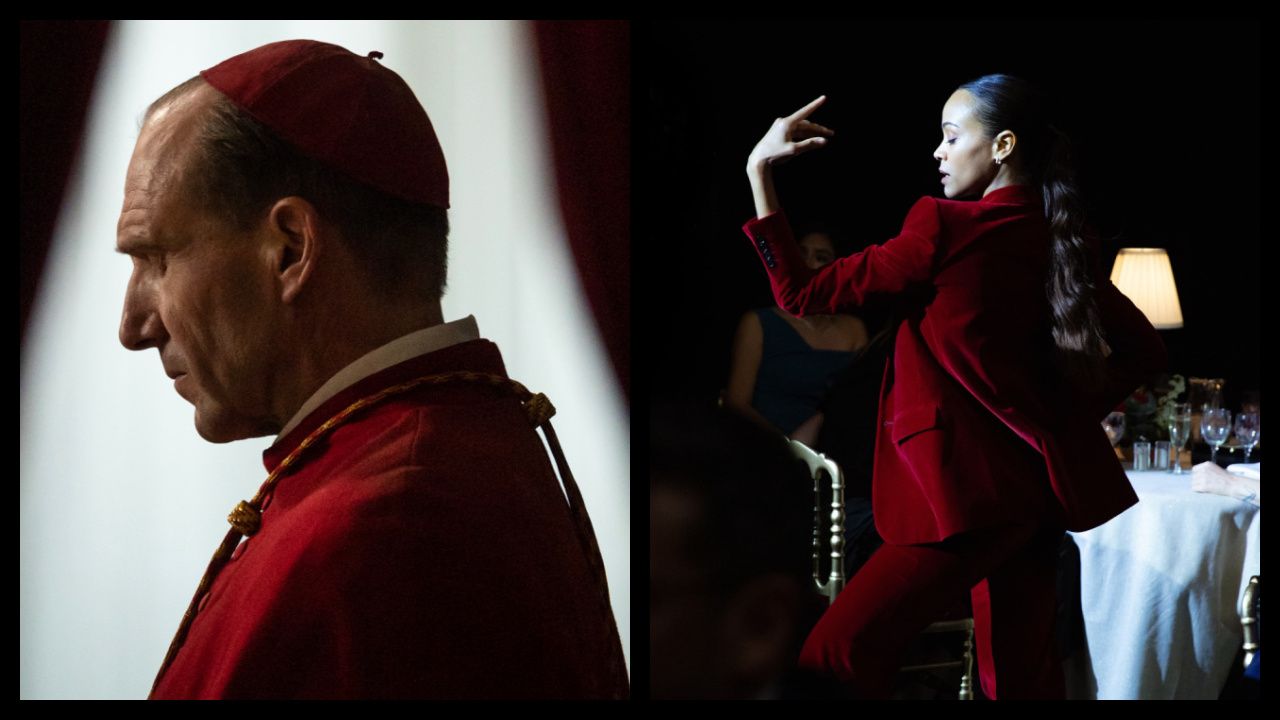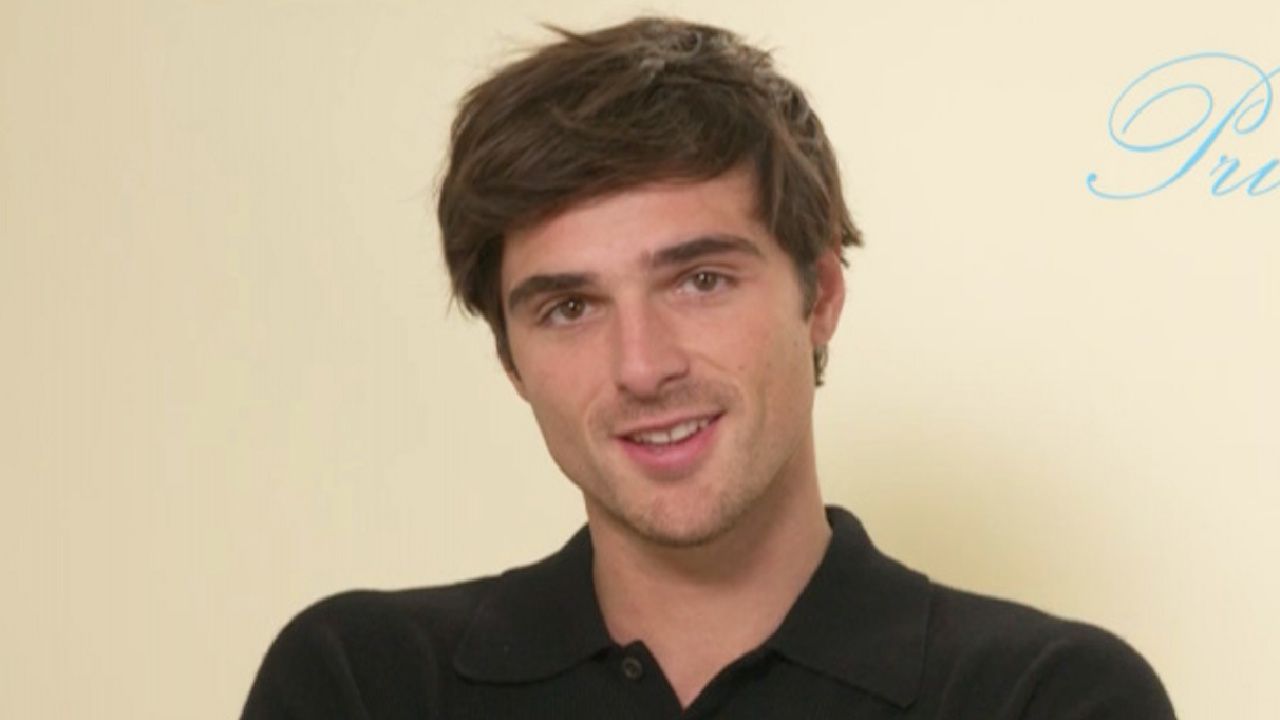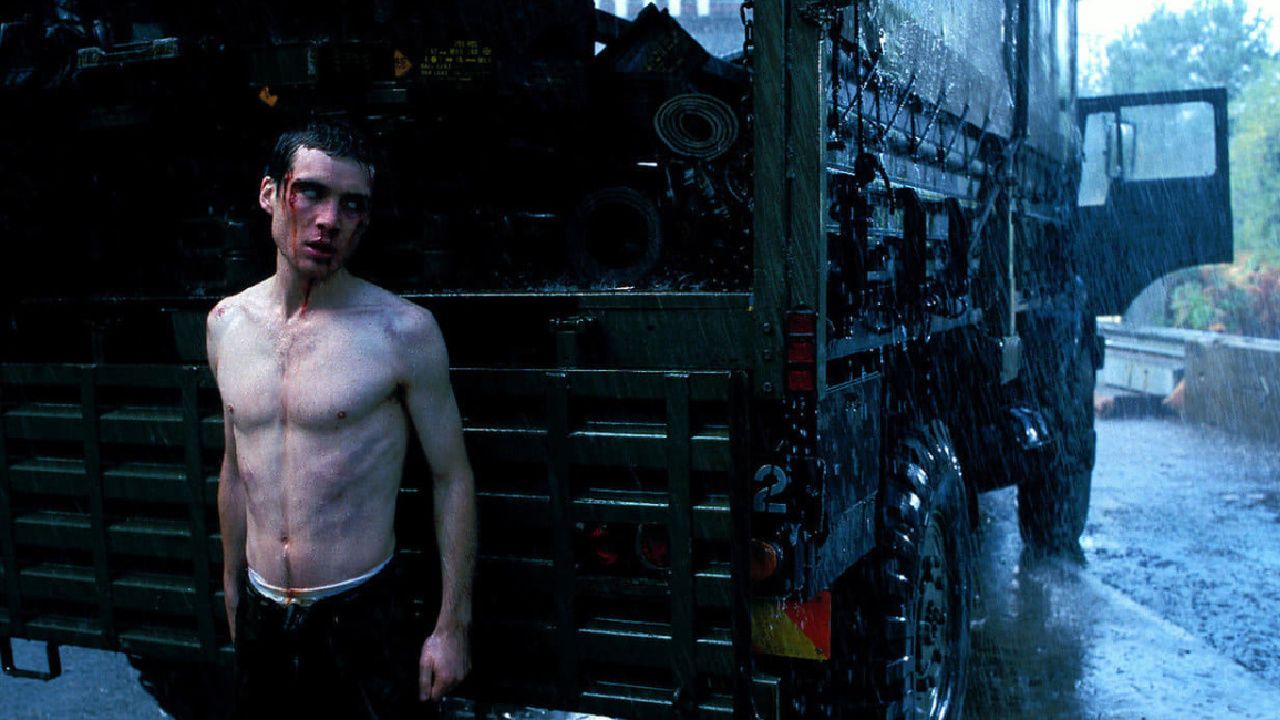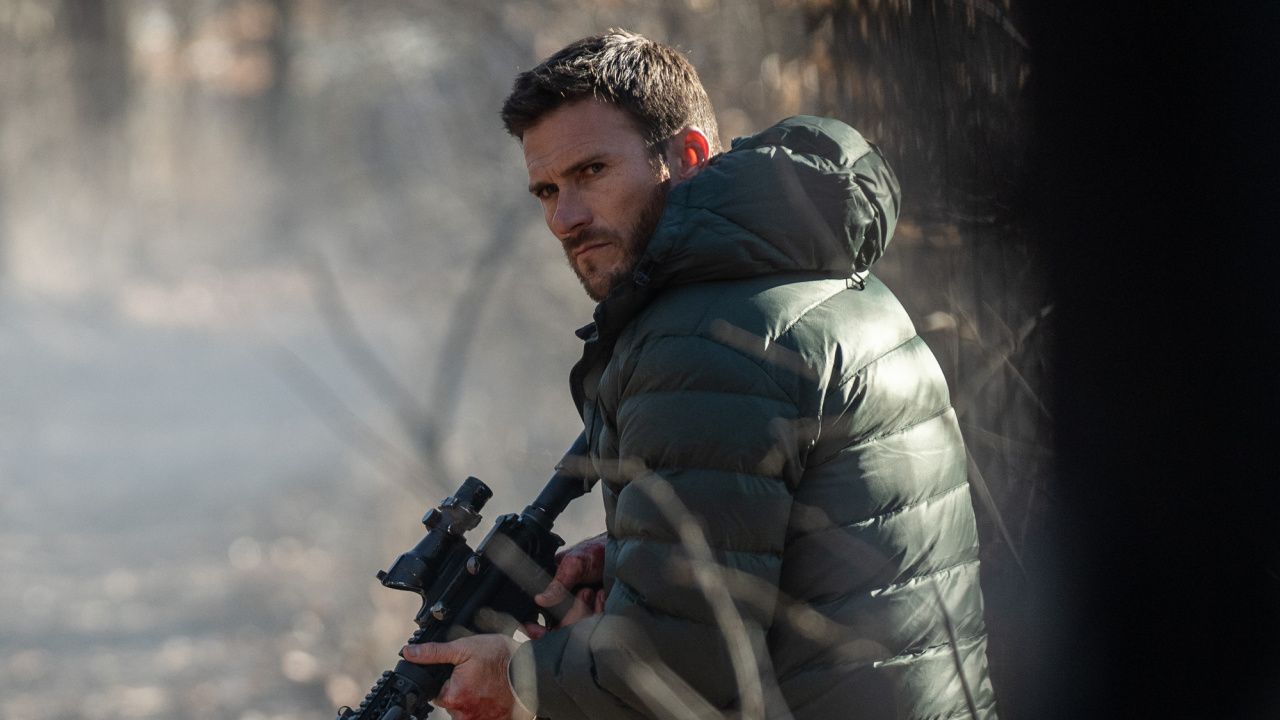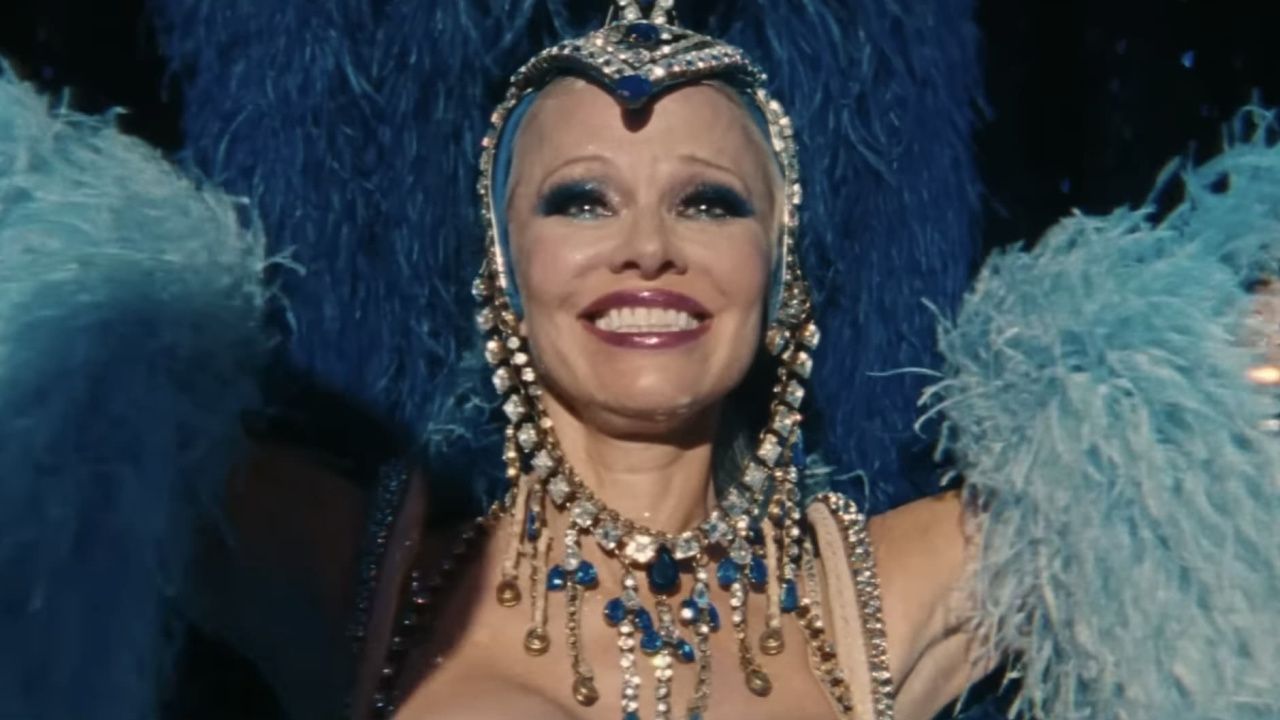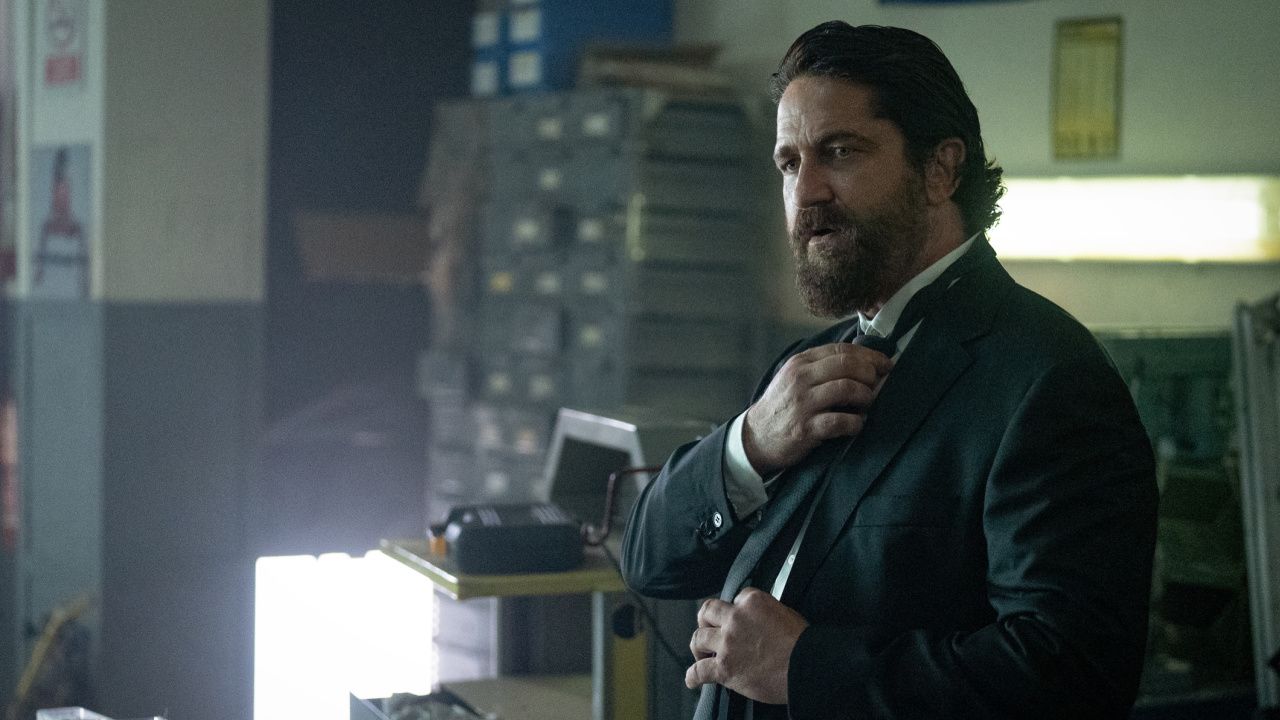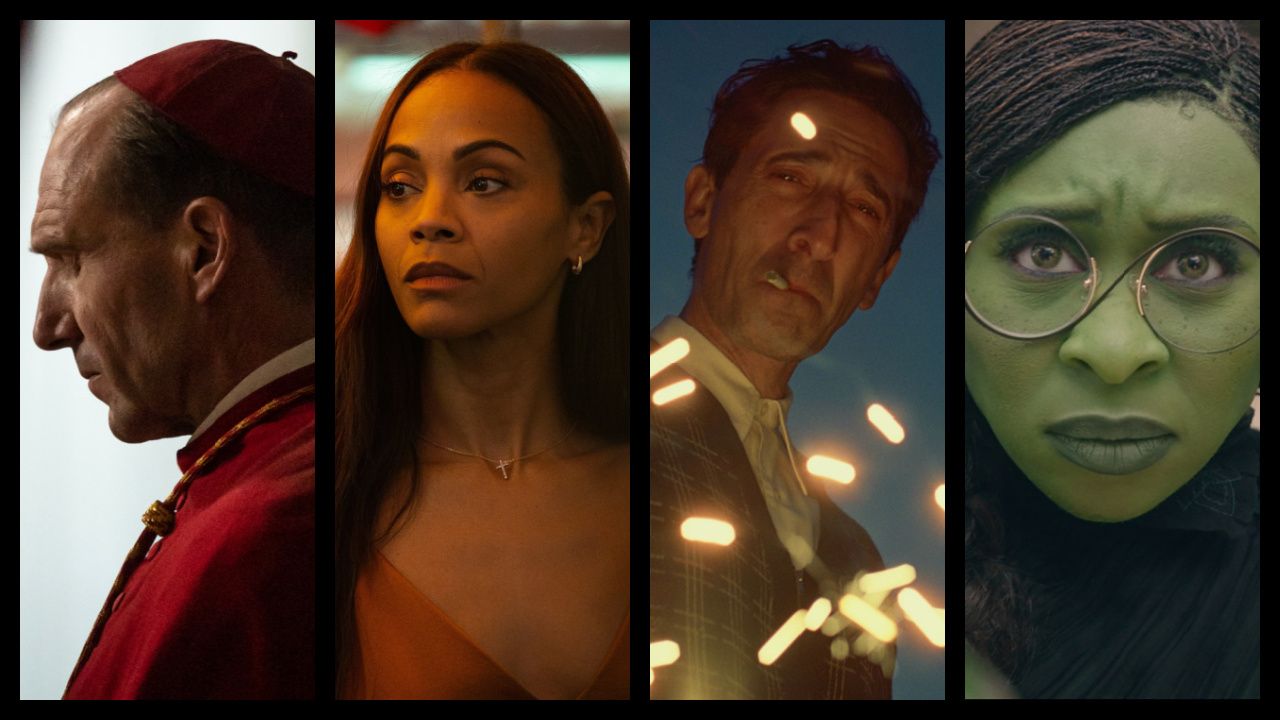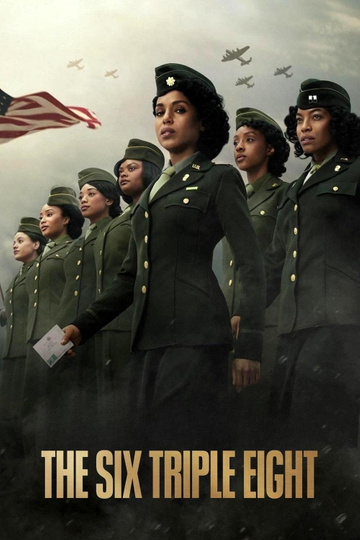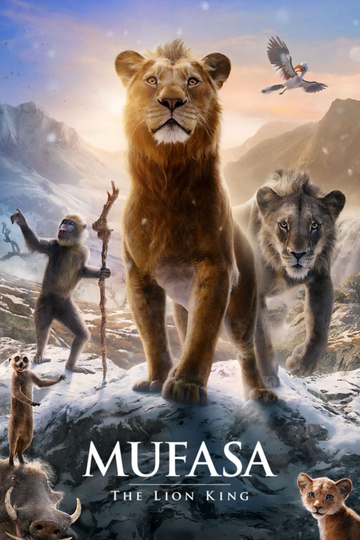Producer Huw Cordey Talks Netflix's 'Our Planet II' and David Attenborough
Moviefone speaks with producer Huw Cordey about 'Our Planet II.' "There is nobody better to narrate your script than David Attenborough," Cordey said.
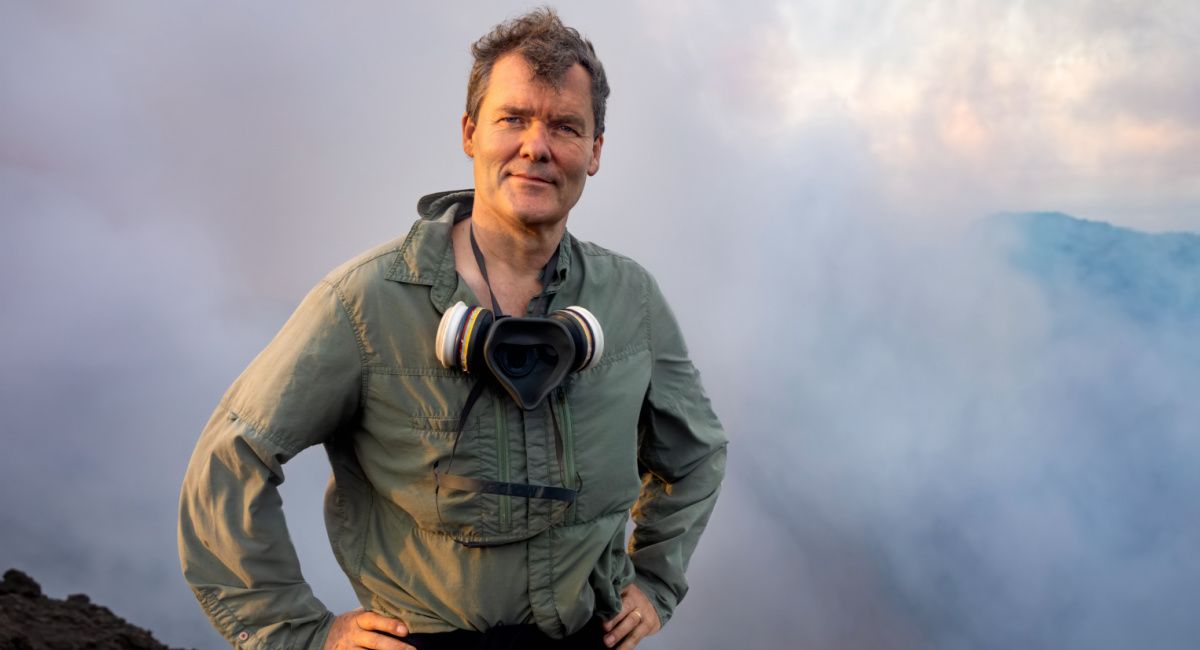
'Our Planet II' producer Huw Cordey.
Premiering on Netflix beginning June 14th is the second season of the popular nature documentary series ‘Our Planet,’ entitled ‘Our Planet II,’ which is narrated by Sir David Attenborough.
What was 'Our Planet' about?
The documentary series addresses issues of conservation while featuring these desperate animals in their respective home regions, and has been noted for its greater focus on humans' impact on the environment than traditional nature documentaries, centering around how climate change impacts all living creatures.
What is 'Our Planet II' about?
'Our Planet II,’ narrated by the legendary Sir David Attenborough, unravels the mysteries of how and why animals migrate to reveal some of the most dramatic and compelling stories in the natural world.
Moviefone recently had the pleasure of speaking with producer Huw Cordey about ‘Our Planet II,’ what fans can expect, how the series is made, what they wanted to film but couldn’t, the gravitas of narrator Sir David Attenborough’s voice, and the series’ environmental message.
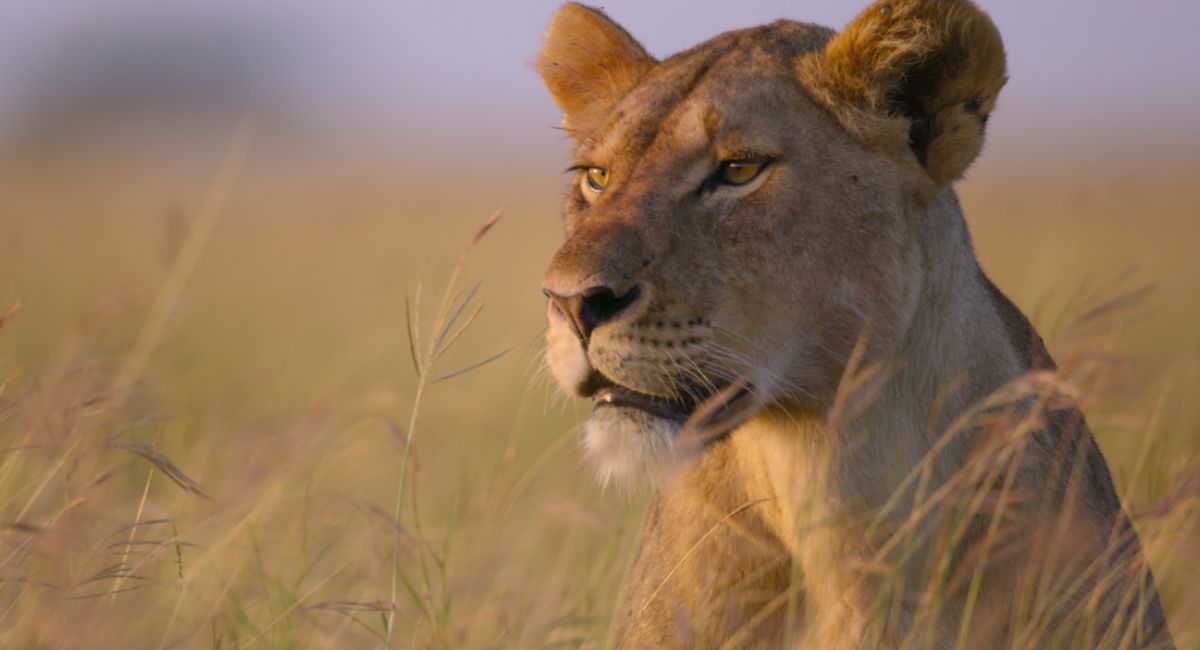
'Our Planet II' premieres June 14th on Netflix.
Moviefone: To begin with, what can fans of the series expect with from ‘Our Planet II’?
Huw Cordey: Well, quality-wise, more of the same and better is what I would say. ‘Our Planet,’ the original series, it looked amazing with incredible stories of the natural world, and there are more incredible stories of the natural world in ‘Our Planet II,’ but we've moved it on. ‘Our Planet’ was about habitats, and ‘Our Planet II’ takes a step back and looks at animals moving between these habitats because without the movement of these animals, the integrity and the diversity of individual habitats would plummet. So we've taken technology on further, the use of drone technology, nighttime technology, camera traps. I think for fans of the natural world, they should be amazed by some of the stuff that we've been able to film for season two.
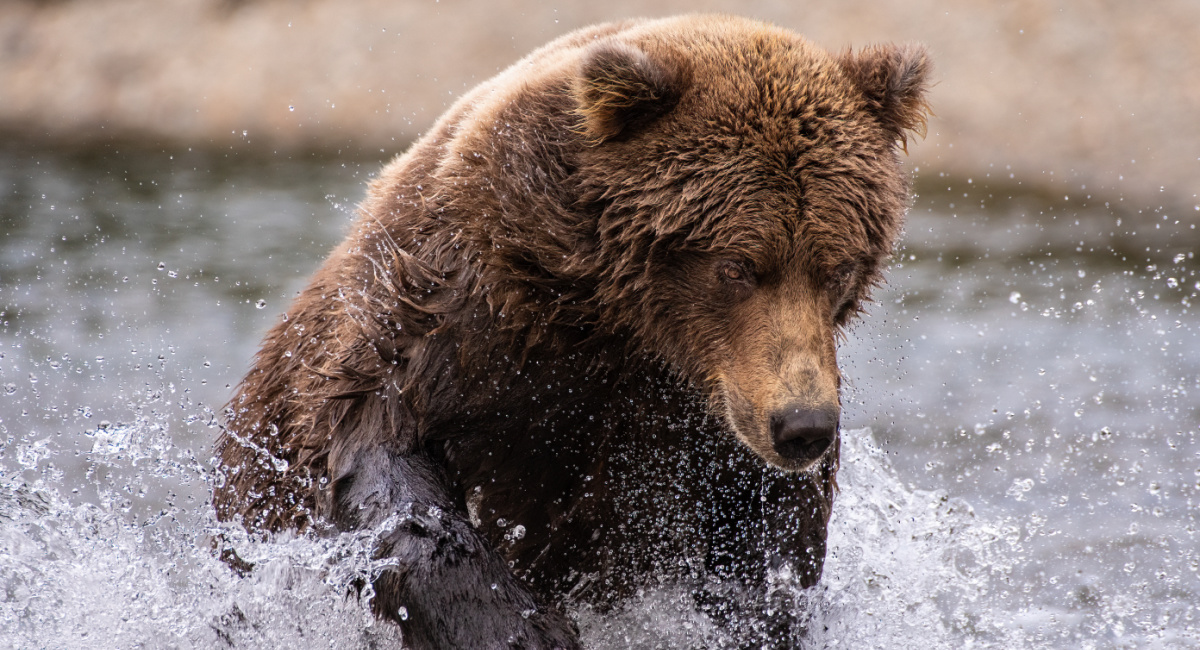
'Our Planet II' premieres June 14th on Netflix. Photo: Ken Baldwin/Netflix © 2023.
MF: Can you take us behind the scenes and explain how a nature show like this is produced?
HC: Yes, it's a long time in the making, as you might expect. It's sort of three and a half years from start to finish, not much under four, we should say. The beginning, you have about five or six months of research working out what the narrative arc of the series is, what sequences you want to include. You're looking for representative sequences to illustrate certain points, but you've got to be mindful of the fact that they've got to be fresh stories. Some stories are just good on paper, but logistically impossible or the reality of filming them wouldn't do justice to the story. So you have to have a lot of experience to understand where there's a story that seems good on paper is actually going to translate onto the big screen. So there's about five or six months of that. Then we had just over two and a half years of filming, and you need that kind of time period because things don't always work in the natural world. Animals do not read scripts. There are weather issues and all kinds of other issues from human challenges, like places that suddenly become extremely difficult to film in because of conflict. We filmed in Ethiopia just before it became almost impossible. So we were very lucky there. We were filming the Locust Hopper swarms there, and about three months later or four months later, it became pretty much a no-go zone. So these things happened, but you need time and money to make a big landmark series. If you haven't got either of those two, you have to go for low hanging fruit, and people have seen that before. So one of the great requirements to get to where we got to is by having those ingredients and having expert expertise because these are very complicated programs to make in the sense that there's a lot of setting up and a lot of logistics, so you need specialists. So we're very fortunate to have a very good pool of very experienced people. So two and a half years of filming, and then it takes about six to eight months to put the series to together in an editing room and then do all the post-production. So there, it’s a long time in the making.
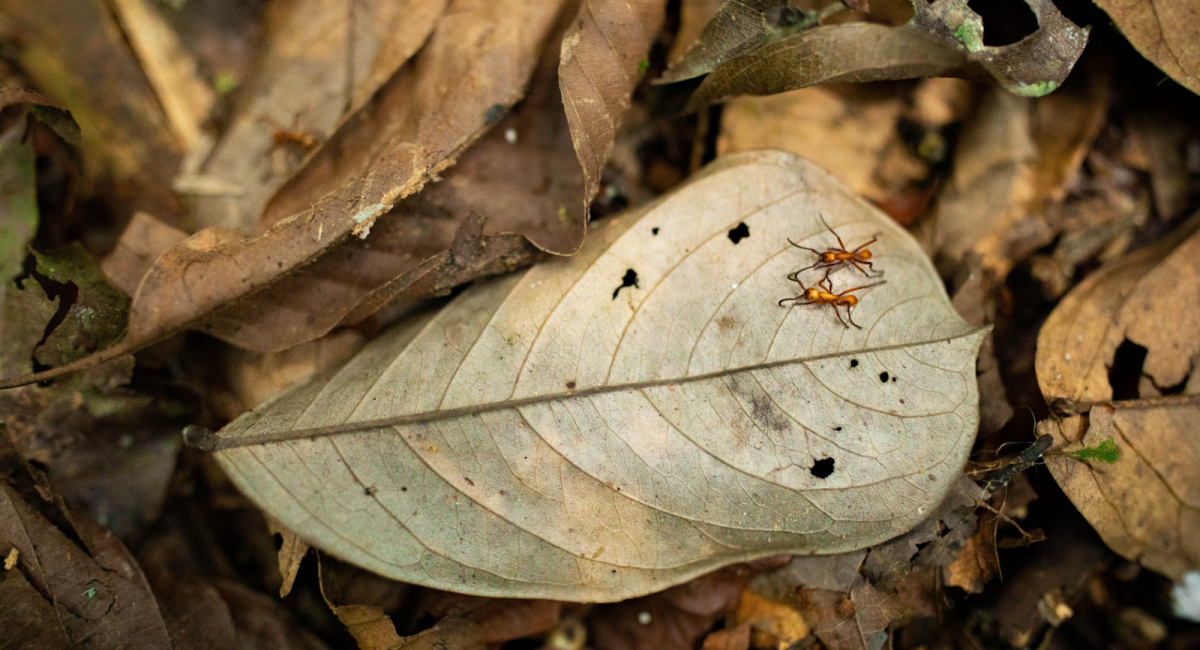
'Our Planet II' premieres June 14th on Netflix. Photo: Alex Wickens/Netflix © 2023.
MF: Do you have an idea of what the narrative of the episodes will be before you begin shooting, or do you really find it in the editing room?
HC: That is certainly true for a number of natural history series. It's not actually true for this one because we thought very hard about, how do we tell the story about migration and animal movement? Animal movement is essentially a response to seasonality, and seasonality is the result of our tilted planet. The planet tilts at 23 and a half degrees, and so different parts of the planet get different amounts of sun at different times of the year. As our planet journeys around the sun, which takes 365 days, you get different conditions at different times of the year. So right from the word go, we thought, "Well, this is the story we want to tell." We have four episodes. So each episode effectively represents three months of that journey around the sun. We were also very keen to put cliffhangers between episodes and nobody's ever done that in natural history before. Normally they all stand alone. If you think about ‘Our Planet,’ the opening of season one is that you've got eight programs and people could pretty much watch them in any order. Also people watched certain programs, and maybe not others, because they loved jungles or the frozen and they didn't really like mountains. But with this one we wanted people to keep watching, like a binge watcher, like a drama. So we put cliffhangers between them and it works really well because there's a very single timeline of earth's journey around the sun. It’s a very simple idea. You can put cliffhangers between each episode that will help and we hope will make people watch on.
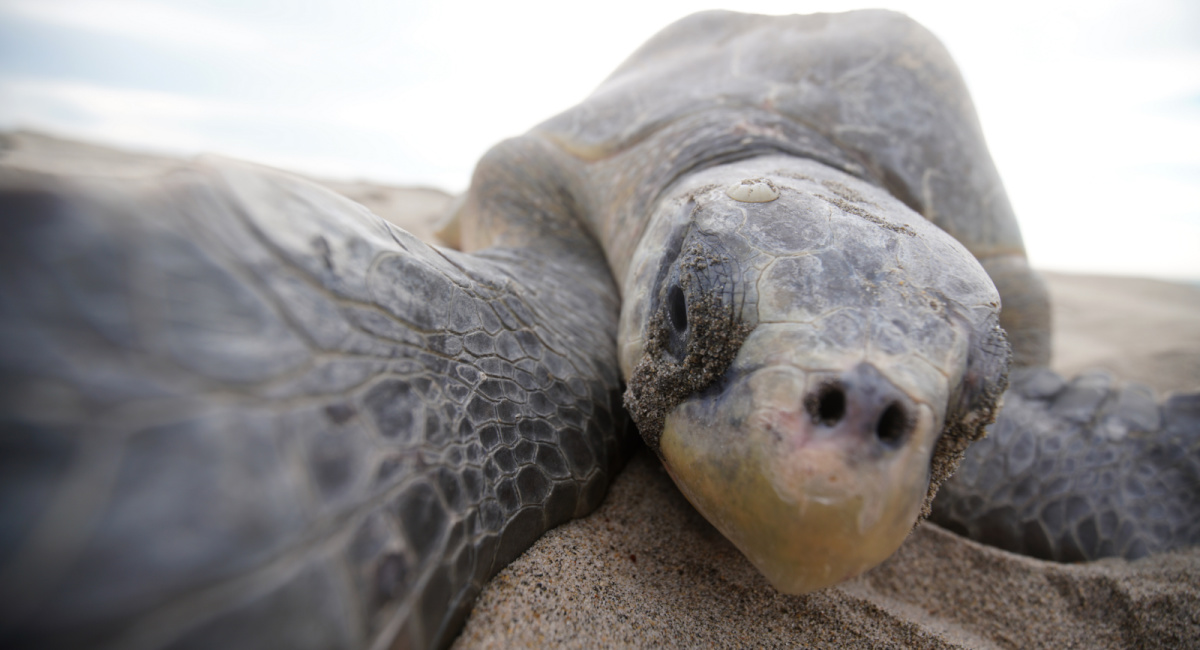
'Our Planet II' premieres June 14th on Netflix. Photo: Matthew Conor Robinson/Netflix © 2023.
Related Article: Chris Pratt and Bryce Dallas Howard Talk Sequel ‘Jurassic World Dominion’
MF: How has technology changed the way you make a series like this?
HC: Definitely. Technology has always been a big friend to natural history. If you think about it, animals tend to do the same thing over 10,000 years. So what we as nature filmmakers are trying to do is show these incredible stories, and incredible behavior in new and fresh ways. The way we can do that is through technology, because it gives you an ability to shoot things that sometimes was not possible in the past. So just as an example, in episode one, we have that story of the Ancient Mariners, these tiny little chicks, they come out of holes and they run down to the sea, and it all happens very quickly. But that type of story, which wasn't possible a decade ago, or if it was, it would look as if it was shot through a sock because the nighttime technology just wasn't really there. But now with nighttime cameras and post-production technology, it allows you to tell these stories and make them look amazing. Another great example, drones. When we did season one of ‘Our Planet,’ drones were around, but they were quite big. They had quite small battery lives, so we could use them maybe for just establishing a scene, or for some scenery, or for wide shots of animals. But now these drones, they're much quieter. They can stay in the air for an hour. So suddenly we're being able to reveal aspects of the natural world from the air in ways that would never possible before. It gives you a complete fresh insight. As somebody who’s been in the business 30 years, I get excited by this. So hopefully the audience will sort of look at this and go, "How on earth did they get that shot? That must be CGI." I don't know whether you saw the locust swarms. People have watched that and go, "What part of this is CGI?" It's like, there is no CGI in this whole series. It's understandable but that is absolutely real. That swarm had 200 billion animals in it. It's almost incredible to even think about that number. But we were able to capture it because we had drones, we had helicopters, and we had people on the ground. When you talk about the challenges of filming, that was particularly challenging because it happened in June of 2020 and we all know what was happening in June of 2020. So we heard about this story and we were desperate to film it because it fit incredibly well with the narrative. We already had it in our scripts and we couldn't get a crew, we couldn't put a crew on a flight. So we had to find local crew and we were very lucky. We found some excellent people and they were able to turn that story in and it's amazing.
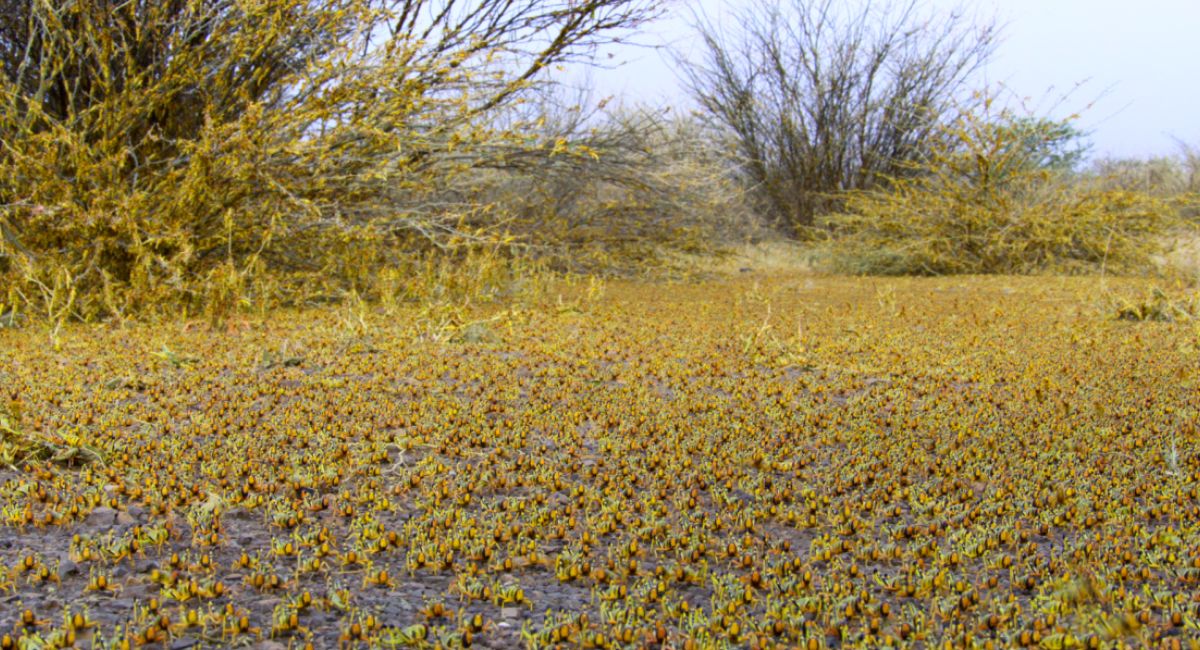
'Our Planet II' premieres June 14th on Netflix.
MF: Was there anything you wanted to capture for this series that you couldn’t, or that you did shoot and then realized that it just didn’t work?
HC: Yes, there are always situations like that. I've been very fortunate to have worked on these big series for many years. At the end of every series you think, well, there's two or three sequences that you went for that never worked out. I don't think I've ever been in a situation before where almost everything worked out, but there was one exception. We wanted to film a story about flying fish. These fish move quite some distance and they scour the ocean looking for floating mats of vegetation. When they find it, I don't know quite know how the word gets out, but suddenly you get hundreds and maybe thousands of fish and they start laying eggs on this vegetation, and the vegetation gets so heavy with these eggs, it starts to drop down into the deep. That was the story we wanted to tell. But as it turned out, the numbers of flying fish had gone through some spectacular crash that nobody seemed to appreciate. So when we were out there, rather than seeing the thousands that we'd hoped, we saw like tens. So unfortunately we weren't able to discover this until we were there. We didn't really get a dramatic story. We got something, but it wasn't good enough for the series. So that was one that hit the deck. But in most cases, we filmed what we'd hoped for and in some cases, I'm very pleased to say better than we hoped. But yes, the reality of it is there are always things that you have in mind that you think would be marvelous. I'll give you another ones come to mind. There's this enormous migration through Southern Africa, through Sudan, and it's called the Kob migration, these antelope, and nobody's ever filmed it. I've had it on my mind for at least two or three series I've worked on. I thought, "We must do the damn Kob migration." It's never been right for all kinds of reasons, logistics, big wars and so on and so forth. So we thought, "We'll do it this time. We'll really give it our best shot." Again, the logistics of it was so difficult, trying to get helicopters into this place. Then the sort of political situation as Sudan started breaking down. So we had to abandon it again. These things happen and doubtless, next time I'm working on a big series that fancies the Kob migration, there'll be another problem with it. But it's fortunate there's still stuff out there, a lot of stuff out there
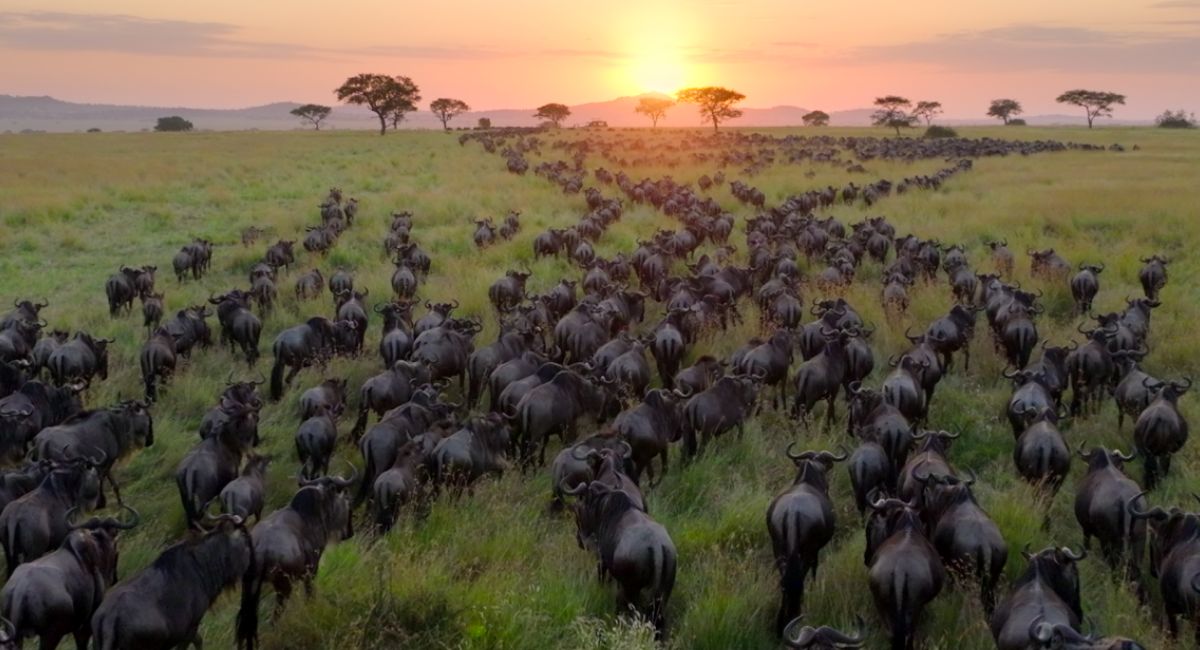
'Our Planet II' premieres June 14th on Netflix.
MF: Can you talk about working with narrator Sir David Attenborough and the gravitas that he brings to a project like this?
HC: Yes, massive gravitas, massive. There is nobody better to narrate your script than David. The simple fact is that when you listen to a voiceover in a film, if that voice has got total credibility, you know are sucked in even more. So he has enormous credibility to the audience because of his spectacular knowledge and long-running knowledge of natural history and working in the natural world for so long. But he's also an incredible storyteller. He did the narration for ‘Our Planet II,’ he was 96, he's just turned 97. And at 96 years old, I'd be very fortunate to have worked with him for 25 years doing narration. But I can honestly say that his delivery was no different this year than it was in previous years. He still has that same gravitas. He still has been able to deliver the emotion that you want, the storytelling. He's now recording them in his dining room. So during lockdown, when I was doing a series that we had to finish, he obviously couldn't, especially at his age, be moving back to the forest to production companies. So he did it in his dining room and his daughter, who lives with him, put duvet covers and sheets around the walls to deaden the echoes. Obviously we had a very expensive microphone, and a cable went out into the garden where our sound recordist and mixer was sitting on a table. So we recorded the narration for ‘Our Planet’ in the same way. He doesn't want to get in a car and do a four-hour round trip to do the narration. But we worked out a system and it works extremely well. We can see him, we can see the film, and we can talk back to him. So it works just as well as it did before. But yes, absolutely, we're very lucky to have the legendary David Attenborough narrate this series.
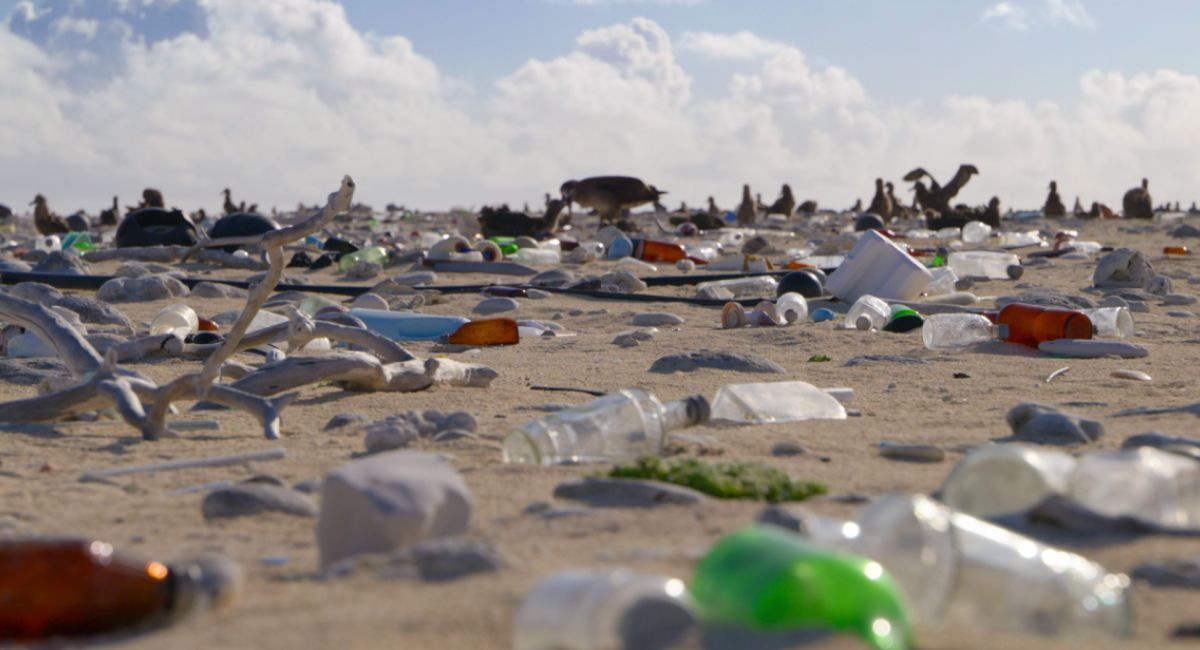
'Our Planet II' premieres June 14th on Netflix.
MF: Finally, can you talk about the importance of the environmental message of this season?
HC: The environmental message was very important to us, and we kind of baked it into the series. In the past there's just been a sort of postscript about climate change or about the environment. But with this series, it was so part and parcel of the story because what we're talking about is animals traveling huge distances and the challenges are immense. The natural challenges are immense. You've got weather, predators and so on. But these animals also are now having to deal with human challenges, whether it's ships for whales or fences for pronghorn. So showing the natural world and its relationship with humans was very easy and very clear in this project. We didn't do it where it wasn't necessary, but we also didn't try to steer our cameras away from it. Where it was relevant to the story we showed it because we want people to come away understanding that if we want the integrity of habitats, if we want to have the diversity that we have on this planet, we need to step back and understand that for so many animals, it's about moving from one place to the other. We have to understand where things are going wrong because certain migratory animals, the populations have plummeted. We in the United Kingdom depend on all of the migratory birds and the numbers have gone down by 70% in some cases. So you have to understand where those challenges are happening. Is it happening where they start? Are they happening on the way? So we want people to enjoy the spectacle of these stories and the wonders of the natural world, but we also want people to understand that animals can't take some of the challenges that are going on at the moment.
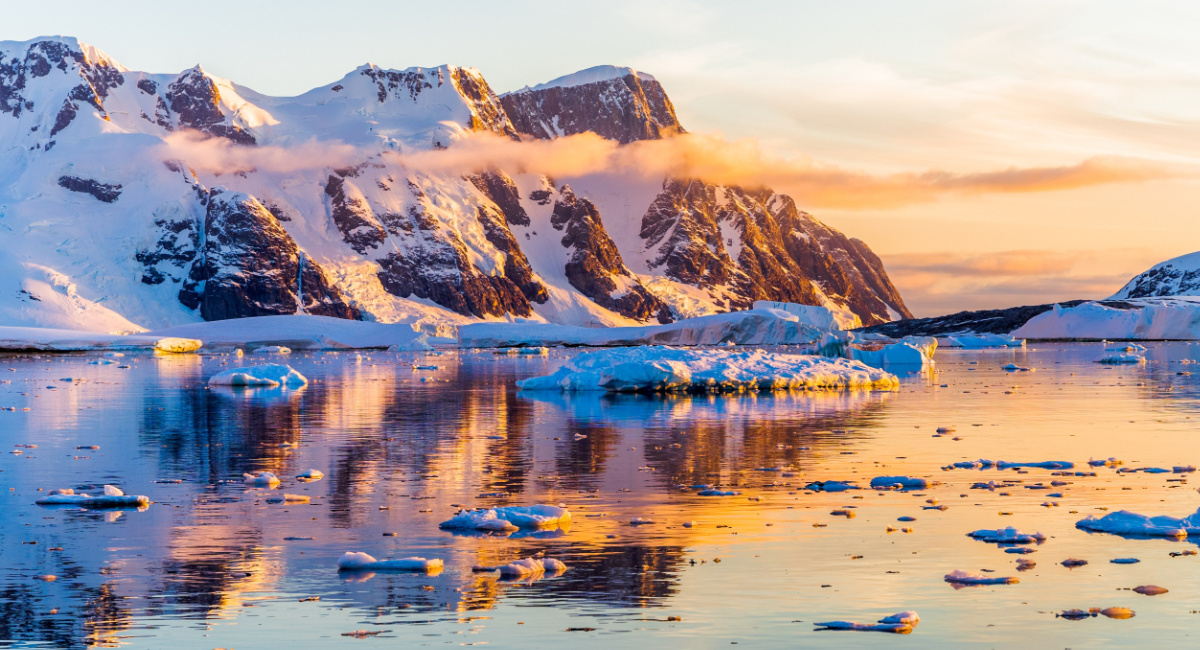
'Our Planet II' premieres June 14th on Netflix. Photo: John Haskew/Netflix © 2023.
Similar Movies About Nature:
- 'Gorillas in the Mist' (1988)
- 'The Edge' (1997)
- 'March of the Penguins' (2005)
- 'An Inconvenient Truth' (2006)
- 'Into the Wild' (2007)
- 'All Is Lost' (2013)
- 'Wild' (2014)
- ‘The Revenant' (2015)
- 'An Inconvenient Sequel: Truth to Power' (2017)
- ‘David Attenborough: A Life on Our Planet' (2020)
- 'Beast' (2022)
Buy Nature Movies On Amazon












